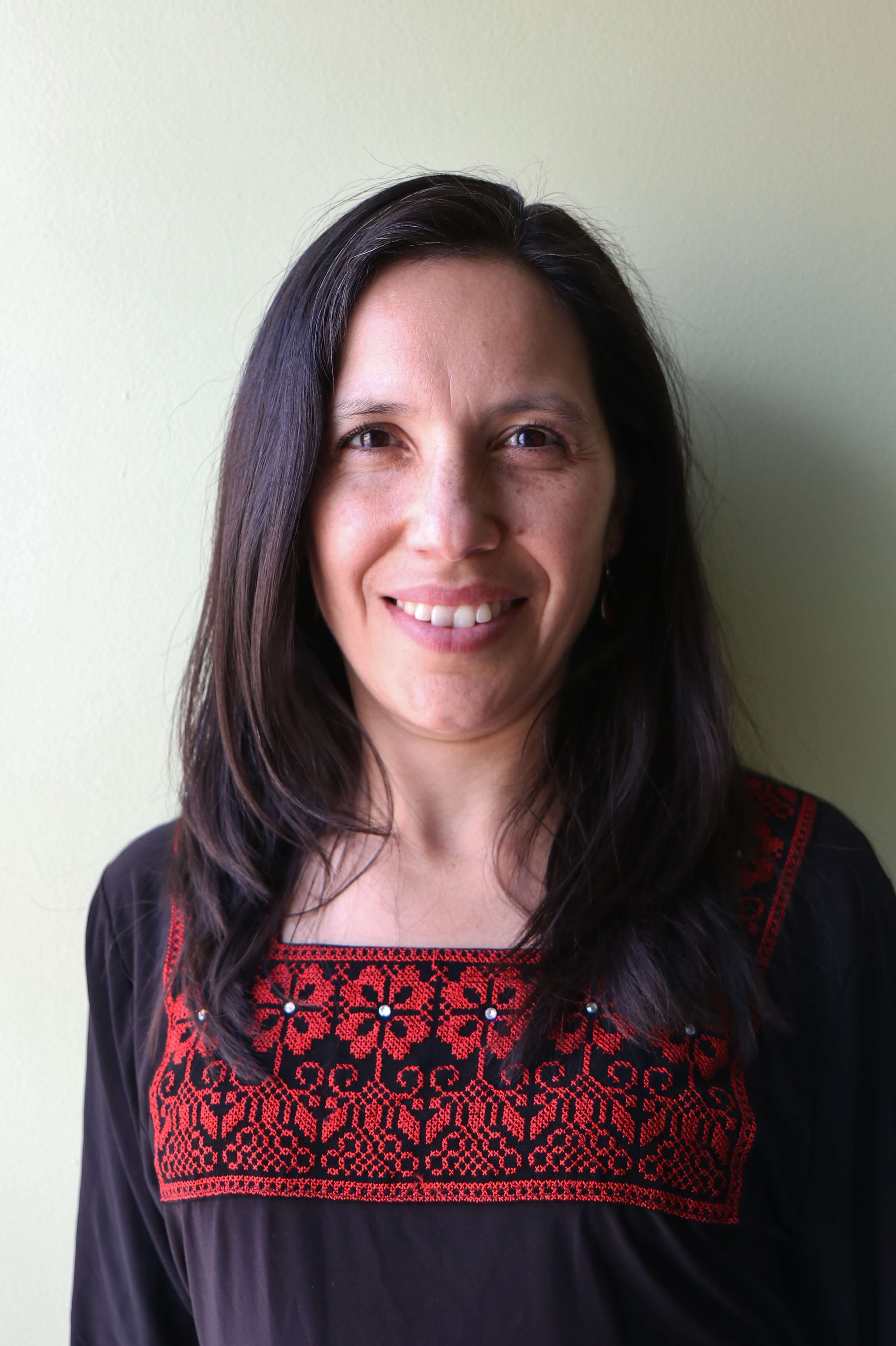Being a Mindful Partner and Parent

Unlock Daily 30-Sec Tips for a Happier Relationship
👉 Subscribe FREEKey Takeaways
Marriage.com AI Quick Summary
Let’s talk about “mindfulness” and put it to work towards healthy relationships with your partner and children.
Being mindful means first becoming aware of our own internal experiences in the present moment (sensations/thoughts/emotions), as well as those of people around us. Next, comes accepting those experiences with compassion and without judgment. When we are free from rumination about the past or anxiety about the future, we can more fully enjoy the here and now.
Did you notice that the description above does not contain a “to do list”?
Mindfulness starts with setting the intention to be mindful
Mindfulness is not about one more thing to do, but rather a state of being and becoming. It starts by setting the intention to be mindful, continues with practising this new state of mind, and then translates into healthier behavior and relationships.
Certainly, a regular habit of self-reflection, meditation, relaxation or yoga/movement can certainly cultivate mindfulness. Yet, though they key is, to begin with, an open mind for change and self-inquiry.
Once we decide to pay more attention to our sensations/thoughts/emotions and to accept them without judgment, we have the opportunity to observe and reflect on our internal experiences with more clarity and calm. Guilt, shame, and self-loathing are no longer needed, which allows for less intense emotions, and more rational decisions.
Similarly, as we recognize that our loved ones have their own internal struggles that play into our differences, how can we blame them or criticize them any longer? Instead of immediately reacting in an emotional manner, we can practice pausing to reflect and to choose the most helpful response.
Here are examples of how we can practice mindfulness in everyday routines
When we realize that stress is creeping up for anyone involved, taking a break (even if 3 minutes long) to calm down the brain, in order to avoid getting irritable and pushing each other’s buttons.
If either our partners or our children are having an emotional time, asking how they are feeling and offering comforting words (“I am sorry that this is difficult”) shows that we support them without judging them.
Imagine how great this would feel, compared to jumping to conclusions without asking, or giving an unwelcome opinion? The latter could be interpreted as criticism and potentially lead to misunderstandings, conflict and disconnection.
When arguments or power struggles do occur, taking a mental break to cool down in the heat of the moment can make the difference between reacting emotionally and responding thoughtfully.
Paying attention to any mundane detail (like a spouse taking out the trash, or a child missing us) and expressing gratitude for it increases the positive vibe in any relationship, like putting money in the bank!
What has made mindfulness a buzzword in the last couple of decades is the publication of many research studies that found significant mental and medical benefits of a regular mindfulness practice (see “The Mindfulness Revolution” by Barry Boyce for a good summary).
Below are some of the many benefits that I have experienced through my work as a family therapist and with my own family relationships:
Sailing through stressful times with less commotion. It is contagious! One’s compassionate attitude inspires other family members to respond in similar ways.
The intergenerational ripple effect: children learn to be solid partners by copying the parent’s mindful skills, and watching a healthy partnership between the parents.
Enjoying the pleasure of deeper and more intimate connections. We deserve this!
It promotes children’s mental health in the long term.
Mindfulness is an ever-lasting work in progress
The great news is that mindfulness is an ever-lasting work in progress. Every day is a new opportunity to practice it. Even when we make mistakes, we accept them with self-compassion and learn the lessons. Therefore; we cannot fail at it! So why not give it a try?
Daily routines are packed with opportunities to practice mindfulness. In an interview with Tim Ferriss, Jack Kornfield stated, “Your kids are your practice; and in fact, you can’t get a Zen Master who is going to be more demanding than an infant with colic, or certain teenage kids. That becomes your practice.”
To get started, there are plenty of guided mindfulness meditations and talks available free of cost. No need to wait to have much time or money to attend a mindfulness class or retreat. Mindfulness is a gift that you and your family deserve!
 Tips
Tips
Write your tip or submit a video tip
All tips are reviewed before the publishing.
Share this article on
Want to have a happier, healthier marriage?
If you feel disconnected or frustrated about the state of your marriage but want to avoid separation and/or divorce, the marriage.com course meant for married couples is an excellent resource to help you overcome the most challenging aspects of being married.
Related Articles
Recent Articles
Related Quizzes
Unlock Daily 30-Sec Tips for a Happier, Healthier Relationship
👉 Subscribe FREE on YouTube We'd love your feedback!
We'd love your feedback!
 Expert Q&A
Expert Q&A
Ask your question related to this topic & get the support you deserve from experts.



















 Thanks for your feedback!
Thanks for your feedback!